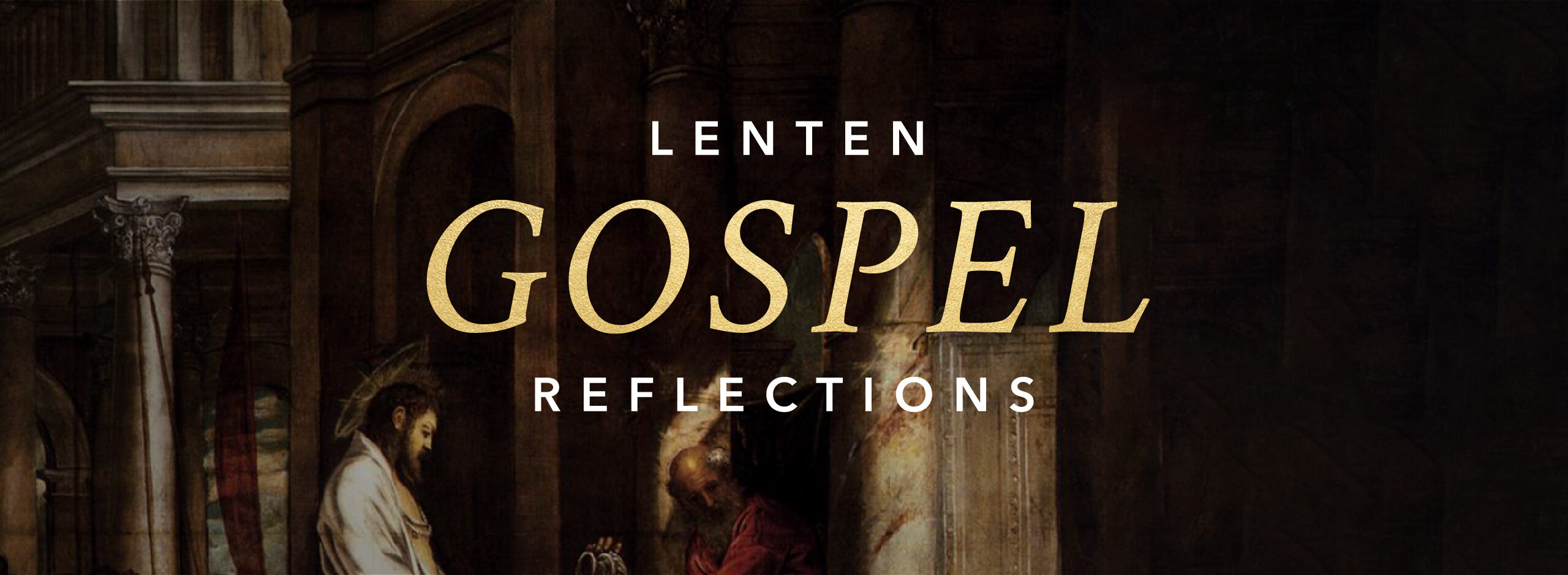Friends, in today’s Gospel, Jesus tells the crowd that the only sign he will give is the sign of Jonah—the victory of his death and Resurrection.
If Jesus had died and simply remained in his grave, he would be remembered (if he was remembered at all) as a noble idealist, tragically crushed by the forces of history. There could have been, in the first century, no surer sign that someone was not the Messiah than his death at the hands of the enemies of Israel, for one of the central marks of messiahship was precisely victory over those enemies.
That Peter, James, John, Paul, and the rest could announce throughout the Mediterranean world that Jesus was in fact the long-awaited Israelite Messiah, and that they could go to their deaths defending this claim, are the surest indications that something monumentally significant happened to Jesus after his death.
That something was the Resurrection. Though too many modern theologians have tried to explain the Resurrection away as a wish-fulfilling fantasy, a vague symbol, or a literary invention, the New Testament writers could not be clearer: the crucified Jesus, who had died and been buried, appeared alive again to his disciples.
